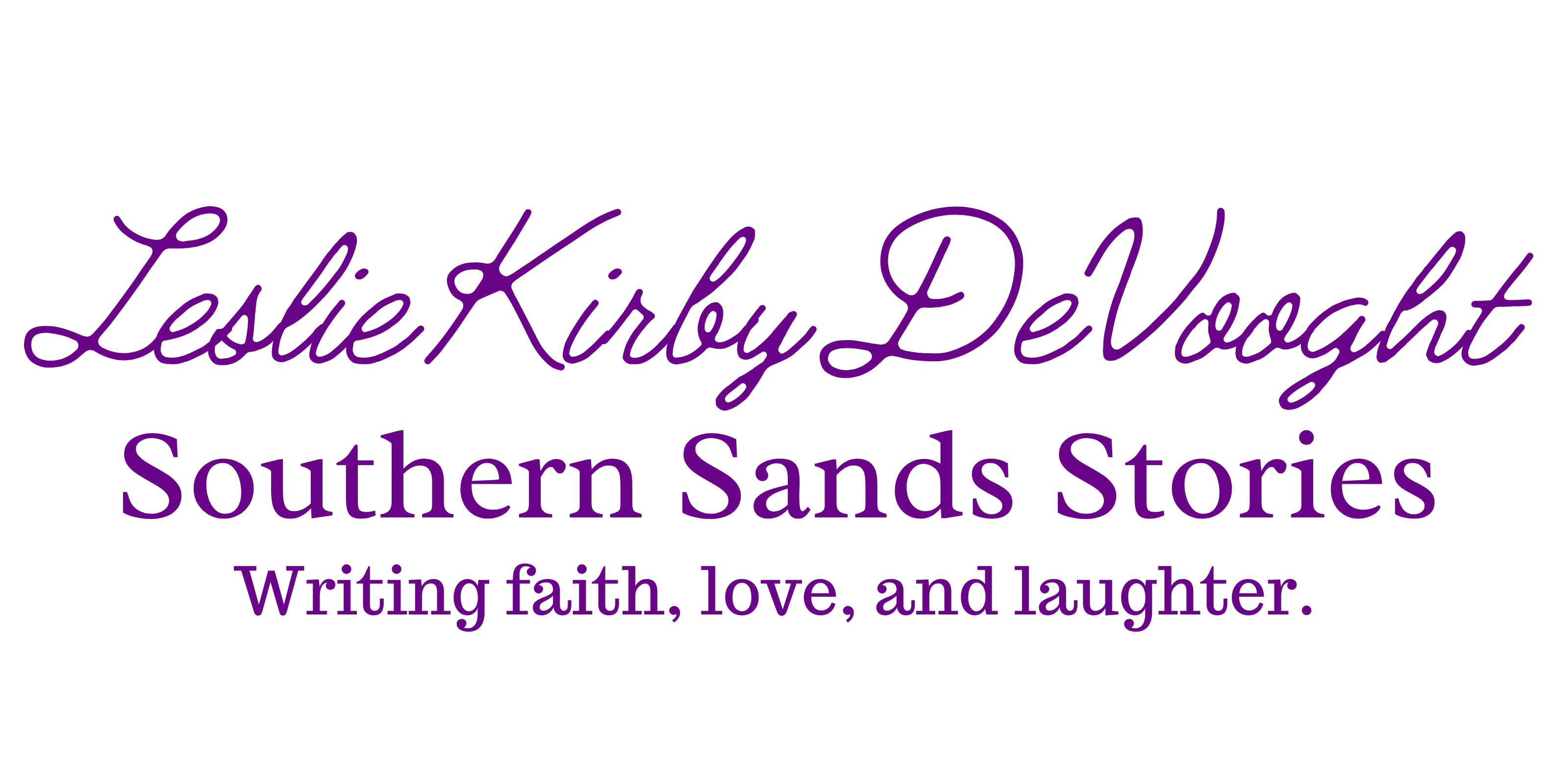Tap.
Clarice’s yellow ball rolled to a stop beside John’s black one. With her precise putt, she’d created an irresistible target.
John pulled back his wooden mallet and swung with gusto. His competitive spirit vanquished his manners.
Thwack.
John’s ball smashed against her ball, sending it sailing over the manicured lawn. It rested in the rough under a sweeping oak. His shot went beyond defense and social graces, but her ball couldn’t have landed in a more perfect location.
Rowdy cheers rose from the gentlemen, entertaining her friends on the veranda of the Jekyll Island Club House.

Clarice glanced to the spectators.
The ladies paused—their glasses of lemonade suspended. They breathed a collective sigh, while their wide brim hats swayed like sailing yachts on an undulating sea.
With a smug grin, John tipped his hat to his friends. His chest swelled, confident of his skill. Surely this surge of masculinity would encourage him to act on the sparks that flew between them.
Clarice bit down on her lip, a smile pushing at the corners. Before John caught a glimpse of her expression, she tossed her white, lace sunhat and marched across the croquet court. She swung her mallet like a drum major’s baton, feigning irritation.
Last night, she’d tarried with John in the beam of the moon on the stoop of her uncle’s vacation cottage. And when John leaned into her, she tilted her chin, lips puckered—ready. But instead of warm lips on hers, he’d lifted her hand and politely pecked the back of her fingers—merely childhood friends.
Ire rose in her, warming her cheeks—time to take matters into her own hands.
“Tsk, tsk, Clarice.” John fell in line behind her. “What will you do now?”
“Hmmph.” She pulled her shoulders back and dabbed a renegade bead of perspiration daring to escape her hairline.
“Come on, please don’t be mad. I was simply following our President’s advice—‘speak softly and carry a big stick.’”
Undoubtedly, Teddy Roosevelt wouldn’t approve of his words being used to describe a lawn sport. And of course, John focused on the stick and not the speaking softly. Besides why were they discussing politics at all—certainly, a twist she hadn’t anticipated. What else could she do to show her willingness and still be called a lady?
She spun and faced him. “I—”
John nearly collided with her, as he waved to his cohorts. He snatched his hand down, and his fingers tangled with hers, then their eyes entwined.
Maybe he’d stop dawdling and draw her to him. Shivers dashed up her arms.
“Sorry.” He broke the trance, pulling his hand from hers.
Her cheeks burned—maybe not.
“Kindly step to the side.” She negotiated the tree’s roots, protruding from the ground. Perhaps if she stumbled, he’d be forced to catch her, and in the moment, he’d find her lips. Unlikely. He’d merely chuckle and lend a friendly hand.
At least the tree trunk provided relief from the gawkers on the porch. Edith and Constance Pulitzer might consider the croquet romance a story for the society pages of one of their father’s newspapers. Although at this rate, the only story would be how Clarice made an impossible shot to win the game.
She clenched her fists around the club, suppressing a sigh, and bent over the ball. Where should she aim? She spied the wicket. Was a kiss worth losing?
John slid between her and the tree, grazing the ruffle of her skirt. He tapped the end of his mallet against the bark like a woodpecker.
She riveted her attention to him, glaring. But the incoming tide sent a breeze from the river that blew the large, lace frills adorning her shoulders over her face. She swatted the material into submission. So much for a demure look, veiled with passion—more like a stubborn, nonsensical child.
John stilled the club and smirked. He leaned against the tree, ankles crossed—brow arched.
Her knees wobbled. “What?” She tucked a stray tendril in place and pursed her lips, studying his expression.
His gaze drifted over her. “Your blue eyes remind me of the morning glories climbing the arbor, growing deeper in the bright sun and drawing me to you like a butterfly.” He stepped toward her, releasing his club to rest on a bowing limb. “And the flush of your cheeks is like a fair rose, hinting at the girl I used to chase. But you’re every bit a woman and a spectacular one at that.”
Her heart fluttered—she snapped her eyes back to the ball.
He leaned over her, his scent of sage and lemon blurring her vision. His breath tickled the wisps behind her ear. “Perhaps, if you angle your swing and really smash it, you’ll—”
She flipped her head to him. Their noses nearly touched. Her pulse raced—her breath caught. He was right where she wanted him—a glint of mischief flashed in his mahogany eyes.
Would he dare?
His arm wrapped around her shoulders, guiding her into his embrace, as his gaze bore down on her.
She melted into him, lowering her lashes. The club fell from her hand. The world faded. Her heart hammered against the stays of her corset, threatening to burst the laces.
He lifted her chin and gently skimmed her lips with his, while his strong hands wrapped around her waist.
She lifted her fingers to cradle his face, returning the kiss—lingering.
His lips left hers. “Looks like my strategy worked. I’m the big win—”
She pressed her lips to his, grasping the back of his head, holding them together, not yielding, closer, deeper. Warmth washed over her. On the verge of fainting, she released him, dropping her head to his chest. His heart beat like the drum in a ragtime band.
“That’s what you think.” She rose on her toes, kissed him, turned, and whacked the ball through the wicket.
